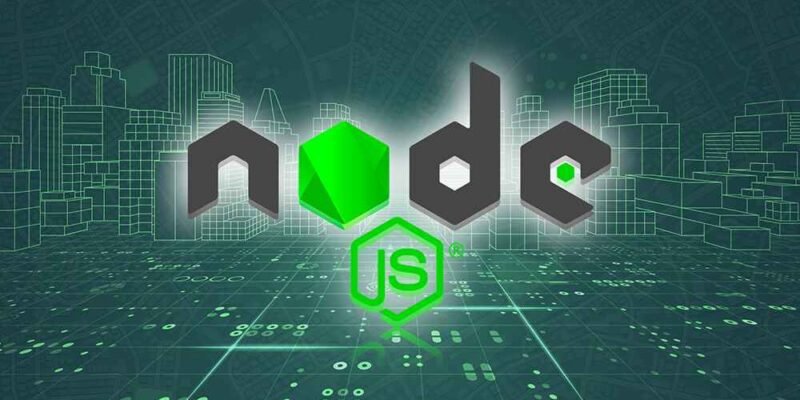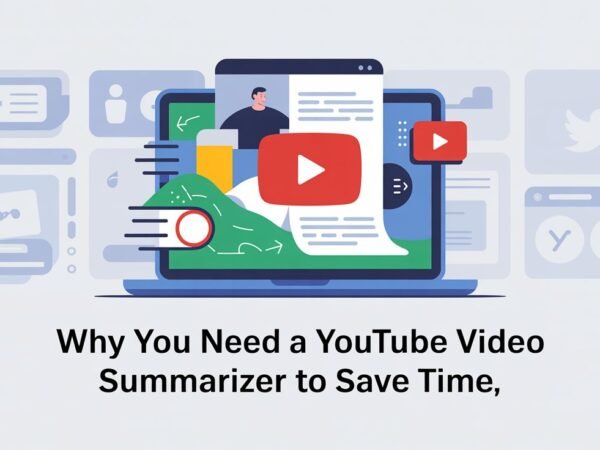Learning a new programming language or framework can be daunting, especially when it comes to something as powerful and versatile as Node.js. As a beginner, you might wonder, “How long does it take to learn Node JS?” The answer to this question is influenced by various factors, including your prior experience with JavaScript, your dedication to learning, and the resources you use. This article will delve into these aspects and provide a comprehensive guide on how long it typically takes to learn Node.js from scratch.
Understanding Node.js
Before diving into the timeline, it is crucial to understand what Node.js is and why it is worth learning. Node.js is an open-source, cross-platform JavaScript runtime environment that executes JavaScript code outside a web browser. It allows developers to use JavaScript to write server-side scripts, enabling the creation of dynamic web page content before the page is sent to the user’s web browser. Built on Chrome’s V8 JavaScript engine, Node.js is known for its efficiency and performance, making it a popular choice for building scalable network applications.
Node.js’s event-driven, non-blocking I/O model makes it lightweight and efficient, perfect for data-intensive real-time applications that run across distributed devices. Understanding these features is critical to grasping why learning Node.js can be a significant asset for a developer, especially those interested in building robust back-end services or full-stack applications.
Factors Influencing the Learning Timeline
Prior Experience with JavaScript
If you have a solid understanding of JavaScript, you will have a significant advantage when learning Node.js. Since Node.js is essentially JavaScript running on the server, familiarity with JavaScript syntax, functions, and asynchronous programming will shorten your learning curve. For someone proficient in JavaScript, it might take around 4-6 weeks to get comfortable with Node.js, assuming consistent and focused learning.
Learning Commitment and Practice
The time you dedicate to learning Node.js is crucial in determining how quickly you can master it. If you can devote full-time hours (around 30-40 hours per week), you might be proficient in about 1-2 months. On the other hand, if you are learning part-time or only a few hours a week, it might take 3-6 months or longer. Consistent practice and applying what you learn through building projects and solving real-world problems are critical.
Quality of Learning Resources
The resources you use can significantly impact your learning speed. High-quality tutorials, courses, and documentation can make a huge difference. Look for resources that offer practical examples, hands-on projects, and comprehensive explanations. Online platforms like Udemy, Coursera, and freeCodeCamp provide excellent courses on Node.js, and numerous books and documentation can guide you through the learning process effectively.
Learning Path and Curriculum
A structured learning path can streamline the process of mastering Node.js. First, you must understand the basics, including its environment, core modules, and basic file system operations. Once you grasp the fundamentals, you can move on to more advanced topics such as building web servers, working with databases, and integrating with third-party APIs. Following a well-structured curriculum can help you learn in a more organized and efficient manner, reducing the overall time needed.
Learning Stages and Timeline
Getting Started (1-2 Weeks)
The initial stage of learning Node.js involves:
- Setting up the development environment.
- Understanding the Node.js architecture.
- Familiarize yourself with the basic concepts.
During this phase, you will learn to install Node.js, use the Node Package Manager (npm), and write simple scripts. Depending on your prior experience and learning pace, this period typically lasts 1-2 weeks.
Basic Proficiency (3-4 Weeks)
In the next phase, you will start building simple applications and exploring core modules such as HTTP, File System, and Path. This is the time to get comfortable with asynchronous programming and callback functions, which are essential in Node.js development. By the end of this stage, which might take around 3-4 weeks, you should be able to create bare web servers and handle routing and middleware.
Intermediate Level (4-6 Weeks)
At this stage, you will delve deeper into more complex topics such as working with databases (e.g., MongoDB, MySQL), using frameworks like Express.js, and implementing authentication and authorization. You will also learn about testing and debugging Node.js applications. This phase can take another 4-6 weeks, during which you will build more sophisticated projects and develop a more in-depth understanding of the Node.js ecosystem.
Advanced Proficiency (6-8 Weeks)
Reaching an advanced level involves mastering performance optimization, scaling applications, and understanding advanced topics such as streams, buffers, and event emitters. You might also explore integrating Node.js with other technologies like WebSockets for real-time communication and GraphQL for API queries. This stage can take 6-8 weeks or more, depending on the complexity of the projects you undertake and the depth of knowledge you wish to acquire.
Practical Tips for Learning Node.js
Build Real Projects
Building real projects is one of the most effective ways to learn Node.js. Start with simple applications like an essential to-do list or a weather app and gradually move on to more complex projects such as a chat application or an e-commerce site. Working on real projects helps reinforce what you learn and provides practical experience that is invaluable for your development skills.
Join a Community
Becoming part of a community can significantly enhance your learning experience. Join online forums, attend meetups, and participate in coding challenges and hackathons. Engaging with other learners and experienced developers can provide insights, feedback, and support to accelerate your learning process.
Consistent Practice
Consistency is critical when learning a new technology. Set aside regular time for study and practice, and try to code every day, even if it’s just for a short period. The more you practice, the more comfortable you become with Node.js and its concepts.
Utilize Online Resources
Make the most of the abundant online resources available to learn Node.js. Websites like Stack Overflow, GitHub, and Node.js official documentation are excellent sources for finding answers to your questions and exploring code examples. Additionally, follow blogs and YouTube channels focusing on Node.js development to stay updated with the latest trends and best practices.
Conclusion
So, how long does it take for beginners to learn Node.js? The answer varies depending on several factors, including your prior experience, learning commitment, and the quality of resources you use. On average, a beginner with some JavaScript knowledge can expect to achieve basic proficiency in Node.js within 2-3 months of consistent learning. Reaching an intermediate level might take an additional 2-3 months, and completing advanced proficiency could take another 2-3 months or more.
Ultimately, the key to mastering Node.js is consistent practice, building real projects, and leveraging high-quality learning resources. By following a structured learning path and dedicating regular time to study and practice, you can become proficient in Node.js and open up new opportunities in web development. Whether you aim to build robust back-end services or become a full-stack developer, learning Node.js is a valuable investment in your programming career.
Do Read: Understanding App Development Costs in Dubai and the UK













